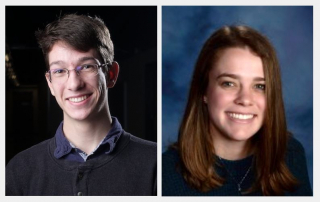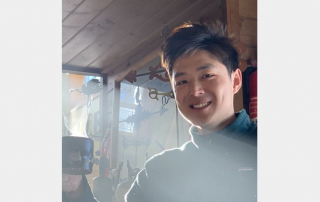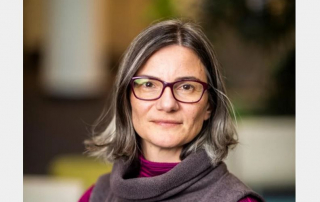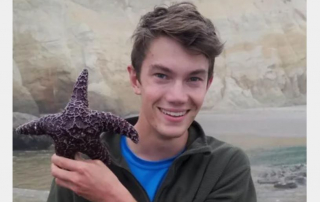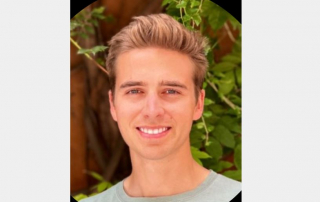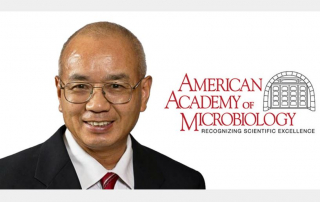Congratulations to Benjamin Hammel and Emma Nelson for receiving Poster Awards at the CU Boulder Innovation in Materials Symposium 2024
Congratulations to Benjamin Hammel for receiving the First Place Poster Award and Emma Nelson for receiving the Third Place Poster Award at the 2024 Innovation in Materials Symposium! This symposium brought together the materials research community at CU Boulder and beyond for presentations by faculty and students as well as discussion and collaboration opportunities.
